|
LEI Indian - RBI circular notice LEI was introduced by the RBI for all counterparties over-the-counter (OTC) markets for rupee interest rate derivatives, foreign currency derivatives and credit derivatives in India in terms of RBI circular FMRD. FMID No. 14/11.01.007/2016-17 dated June 1, 2017 and for high value transactional clients of banks see link: Circular DBR.No.BP.BC.92/21.04.048/2017-18 dated November 2, 2017. All market participants, with the exception of individuals who have an LEI code already assigned to them by RBI must secure a new legal entity identification number before December 31st in order not be penalized. The deadline for obtaining this information has been set at 23:59 EST on Saturday evening or 00:00 Sunday morning following your trading session if it ends after these times - then you'll need proof that shows when exactly during those days specific transactions took place because there's no other way we can tell whether they were done domestically as opposedto internationally The LEI is an important document that must be obtained by those who want to engage in transactions with the Exchange. This law applies only when buying or selling stocks on recognized exchanges, which means it doesn't apply outside these financial markets where you may trade more than one type of asset at once (e-g: Forex). In order to ensure the safety of your funds, we require that you have an account with us and are subject only to our standards. However it is important for certain types of transactions involving amounts equivalent or exceeding one million USD (or another currency) where there could potentially be negative effects on market stability if they go unchecked by law enforcement agencies across countries - this includes non-derivative forex trades too! Non-resident entities that engage in financial transactions MUST obtain an LEI code. These include funds operated by a parent company or management firm located outside of the country where it's incorporated, but still have to register as foreign portfolio investment with their home nation’s authorities so they can use any codes given out by them at all times while doing business there too! The institutions that execute transactions, report on behalf of their clients or perform depository functions in these markets should capture the LEI code for each participating participant. To ensure the accuracy and integrity of data, all entities conducting financial transactions should make sure that their LEI Code is considered current under Global rules. Lapsed codes will be deemed invalid for trading in markets regulated by RBI All the Directions are issued under section 45W, read with Section 45U of Reserve Bank India Act 1934.
�
0 Comments
LEI RBI GuidelinesThe introduction of an LEI in India has been a step towards achieving transparency and fraud prevention. All financial borrowers, lenders as well as market participants must now have this document ready for use when transacting business with each other; it's imperative that we keep up our duty to uphold integrity by ensuring compliance across all parties involved!
For those who deal with financial transactions on a regular basis, the LEI is an essential tool that allows them to be more aware and cautious about their actions. The RBI announced in 2017 its introduction into phases for market participants across all types of OTC derivative contracts as well non-derivative merchandise such ma A new regulation has been implemented by India's central bank - The Prevention Of Money Laundering Regulation Act 2009 which requires every person carrying out these activities (including borrowers or lenders) hold appropriate licenses regardless if they plan carry out business activity solely within country’ The LEI in India has also been introduced for all payments/transactions of value ₹50 crore and above undertaken by organisations/corporates using Reserve Bank-run Centralised Payment Systems viz. Real Time Gross Settlement (RTGS) and National Electronic Funds Transfer (NEFT). The RBI states that its members should prepare for the phased rollout of the LEI, in particular those who engage in large value transactions (+₹50 crore) and those who use payment messages such as NEFTS & RTGS. RTGS: The LEI shall be reported in the ‘Remittance information’ field. NEFTS: For outward debit messages, LEI information shall be provided in ‘Sender to Receiver Information’ field. Companies in India may apply for a Legal Entity Identifier through an agent such as LEI Worldwide. Existing LEI codes may be transferred to LEI Worldwide for management and maintenance. You can find more information from the RBI on their dedicated webpage notification here: https://www.rbi.org.in/Scripts/NotificationUser.aspx?Id=12010&Mode=0 Please click Register LEI in India below to obtain a new LEI, or click Transfer LEI to begin to move your existing LEI to LEI Worldwide. India's RBI has set a deadline for all financial institutions in the country to switch over from their existing foreign exchange (forex) accounting methodologies. The LEI, or local-exchange identification number system is going be mandatory starting March 31st 2020 and will provide better data quality through risk management post Global Financial Crisis with an average of 300 new Indian Leis being issued every year on average as well.
The RBI has mandated the use of a LEI for many transactions in India, and now it's time to apply. The deadline is March 31st 2020! Do you want your company's financial data system improved by improving how risks are managed after last years Global Financial Crisis? If so then get yourself prepared because that means submitting an Live Event Information (LEI) form before then which will give them more accurate information about what could go wrong when dealing with these types of deals or loans if there should ever arise any type accidents during production processes etc. |
AuthorWrite something about yourself. No need to be fancy, just an overview. ArchivesCategories |
Location |
|
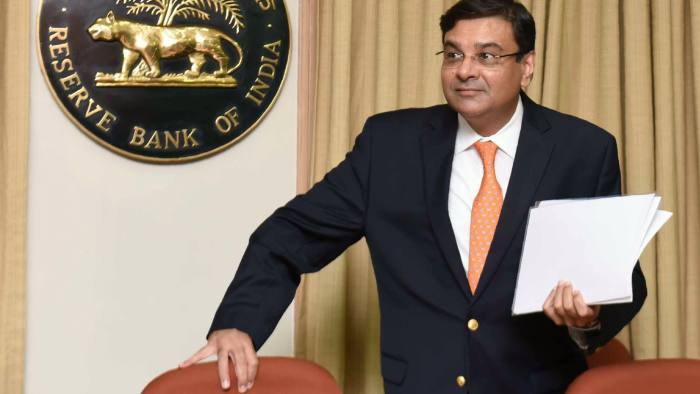
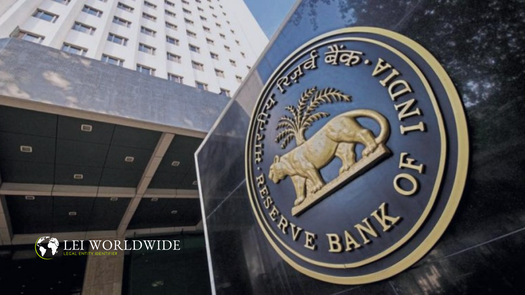
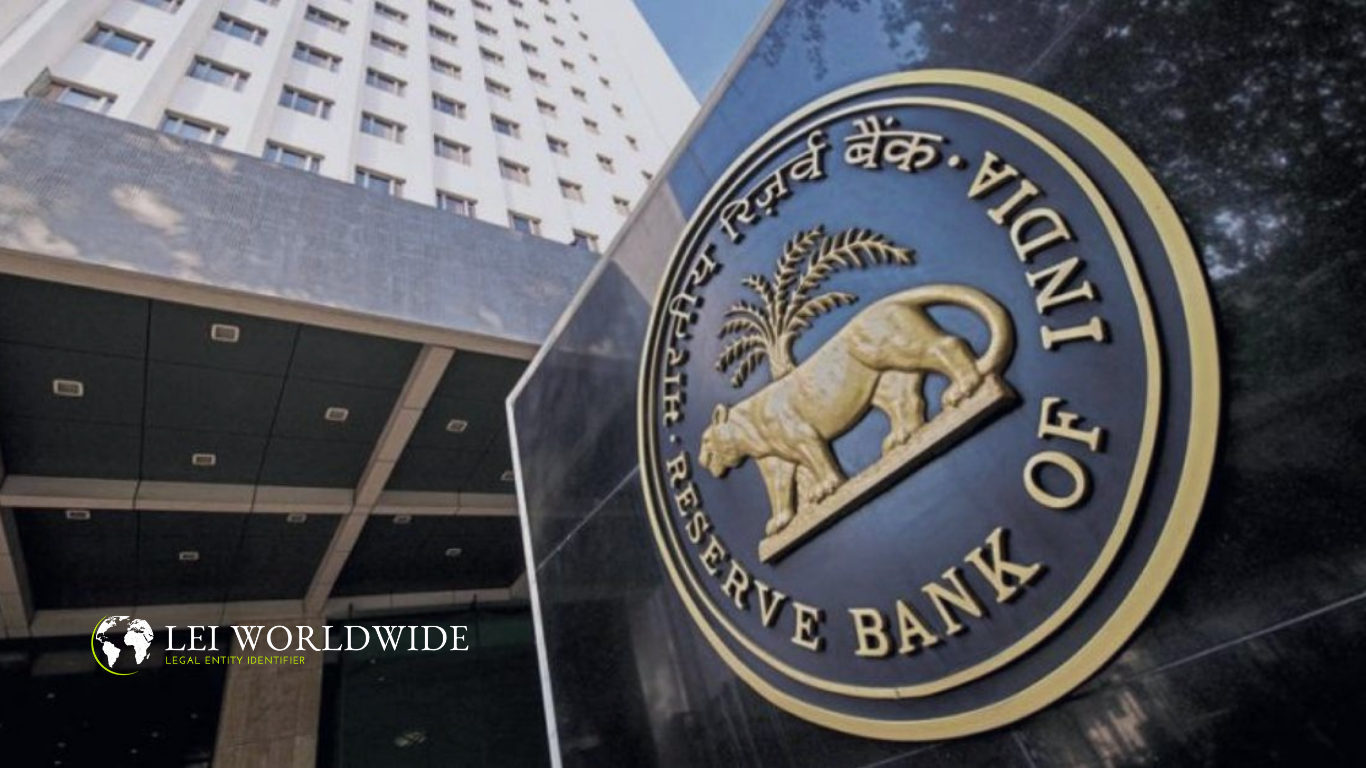
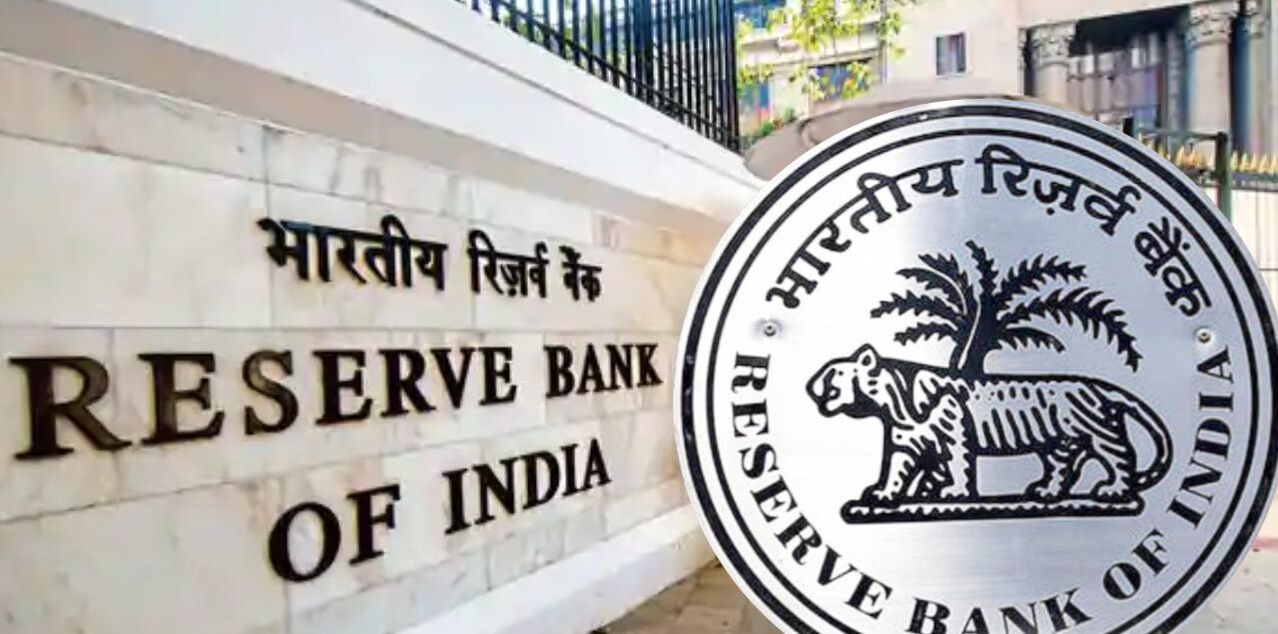
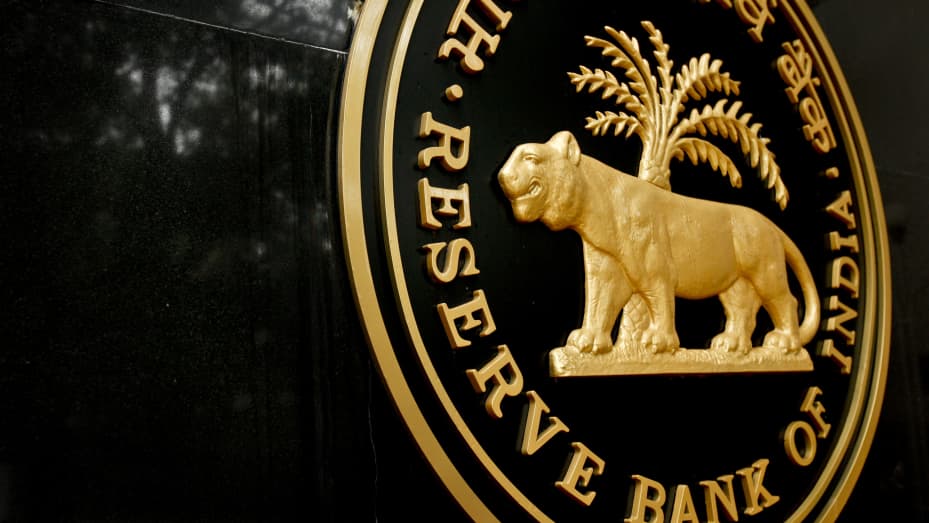
 RSS Feed
RSS Feed
